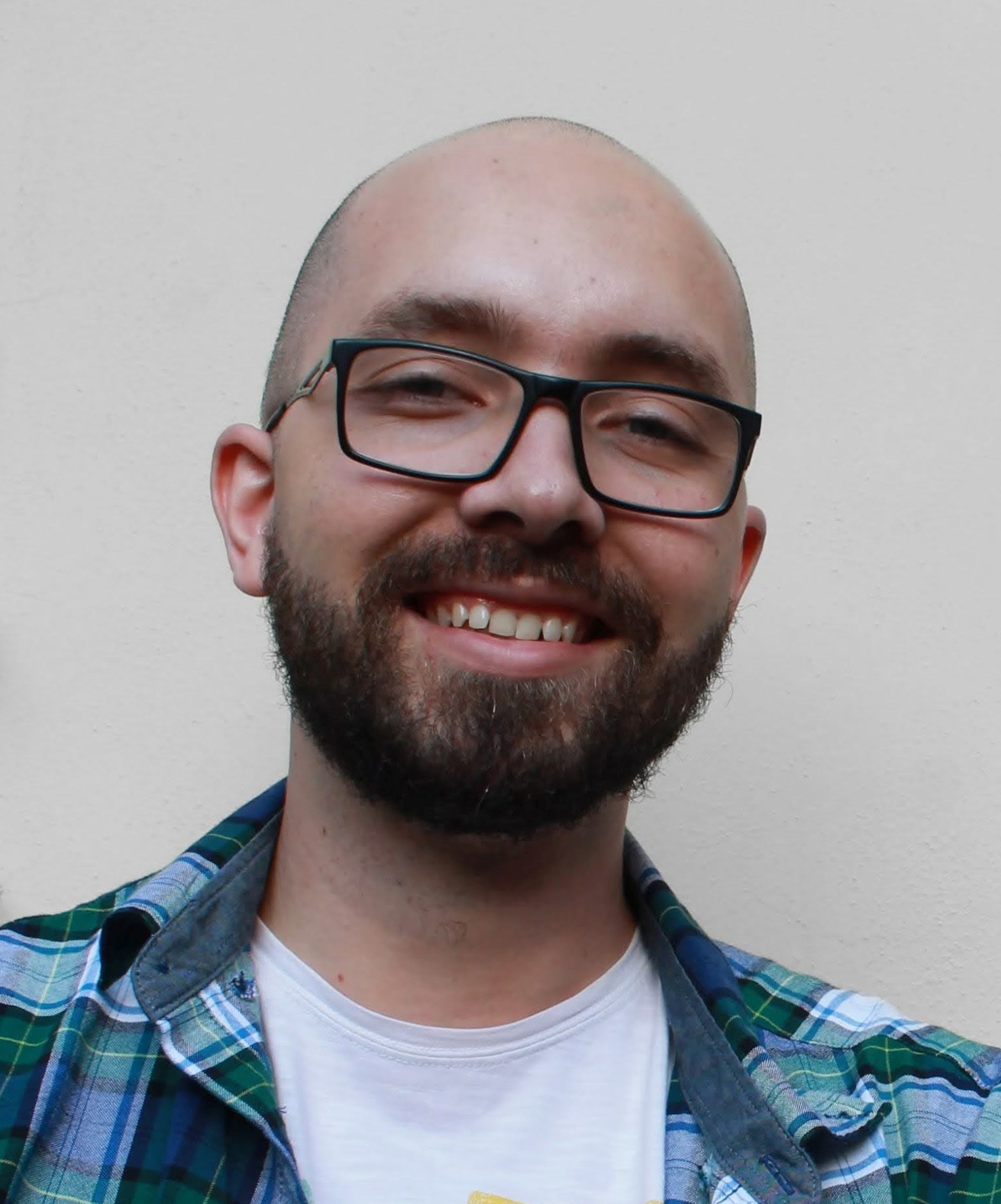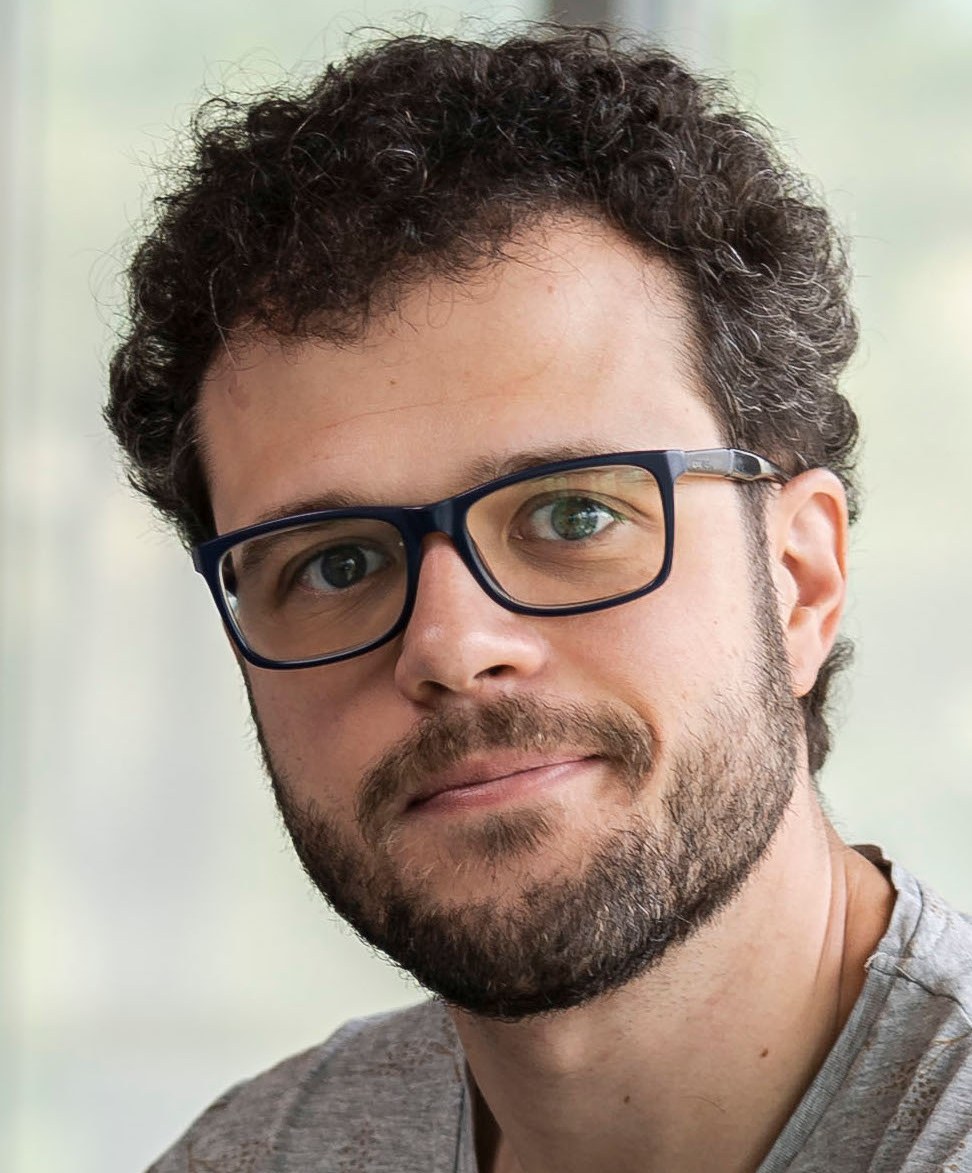
MULTI 2024 - 11th International Workshop
on Multi-Level Modeling
24 September 2024
MODELS 2024, Linz, Austria

MULTI 2024 - 11th International Workshop
on Multi-Level Modeling
24 September 2024
MODELS 2024, Linz, Austria
The MULTI workshop series is the premier venue for researchers and practitioners working on multi-level modeling and multi-level software development. Multi-level modeling represents a new object-oriented paradigm for both conceptual modelling and software engineering. In contrast to conventional two-level approaches, it supports an unbounded number of classification levels and introduces concepts and mechanisms that foster reuse, adaptability, and control. While multi-level languages and tools have reached considerable maturity, the field still offers numerous challenges.
The MULTI workshop series aims at providing a platform for exchanging ideas and promoting further development of multi-level languages, methods, and tools. A particular goal is to encourage the community to, beyond proposing new approaches, analyse different approaches to multi-level modelling and define objective ways to evaluate their respective strengths and weaknesses.
The 11th International Workshop on Multi-Level Modeling (MULTI 2024) will be a single day event to held on Tuesday, 24 September 2024 as workshop W6, at the MODELS'24 conference in Linz, Austria.
MULTI 2024 invites submissions of four different types:
Topics for regular and position papers include, but are not limited to:
All authors must submit their contributions a PDF file via EasyChair.
Industrial abstract authors need to submit a single-page PDF file containing the title of their contribution, the name and affiliation of authors, and a abstract of the multi-level problem they want to share in the workshop.
Paper authors need to submit their contributions as PDF files. These papers should follow the same formatting instructions used for the main track, available at https://www.acm.org/publications/proceedings-template for both LaTeX and Word users. LaTeX users must use the provided acmart.cls and ACM-Reference-Format.bst without modification, enable the conference format in the preamble of the document (i.e., \documentclass[sigconf,review]{acmart}), and use the ACM reference format for the bibliography (i.e., \bibliographystyle{ACM-Reference-Format}). The review option adds line numbers, thereby allowing referees to refer to specific lines in their comments.
Accepted papers will be included in the MODELS 2024 companion published by the ACM. Accepted industrial abstracts will be published on the MULTI 2024 workshop website.
Note that by submitting a paper to a MODELS workshop, authors acknowledge that they are aware of and agree to be bound by the ACM Policy and Procedures on Plagiarism. In particular, papers submitted to MULTI 2024 must not have been published elsewhere and must not be under review or submitted for review elsewhere while under consideration for MULTI 2024.
In addition, by submitting your article, you are hereby acknowledging that you and your co-authors are subject to all ACM Publications Policies, including ACM's new Publications Policy on Research Involving Human Participants and Subjects. Alleged violations of this policy or any ACM Publications Policy will be investigated by ACM and may result in a full retraction of your paper, in addition to other potential penalties, as per ACM Publications Policy.
Paper authors must ensure that all authors obtain an ORCID ID, so you can complete the publishing process for your accepted paper. ACM has been involved in ORCID from the start and the MODELS conference have recently made a commitment to collect ORCID IDs from all of their published authors.
Multi-level modeling challenges are designed as benchmark modeling scenarios that aim to support objective comparisons between multi-level modeling approaches, allow technologies to demonstrate their abilities, stress-test technologies in order to expose potential weaknesses, and deepen the mutual understanding of approaches.
The "Warehouse" challenge references a domain featuring representations of product copies, product specifications and product specification types. A particular emphasis is on how to guarantee certain properties at the product level without fully determining them, in other words, to support flexible but constrained variability.
The submission requirements for the Warehous Challenge and the domain example to use are available from the MULTI Warehouse Challenge Description. In particular note that submitted solutions must have the subtitle "A contribution to the MULTI Warehouse challenge".
If you would like to receive any kind of clarification regarding the challenge requirements, please contact the challenge authors who will be more than happy to answer any questions.
The Collaborative Comparison challenge aims at improving the mutual understanding of approaches within the multi-level modeling community by encouraging collaborations which are an opportunity to justify and thus clarify the need for existing differences, or, alternatively, lead towards homogenizing multi-level modeling.
Towards this end, the Collaborative Comparison Challenge specifically requires the application of two or more approaches to a prescribed domain example and mandates the discussion of commonalities and differences between the approaches in a joint paper authored by proponents of different multi-level modeling approaches.
Commonalities and differences should be discussed as they manifest themselves in the conceptualization of the domain example but also at a more general level. Respective discussion subjects which authors may choose to elaborate on include, but are not limited to, fundamental concepts such as the nature of levels, cross-level relationships, classification vs generalization, deep characterization, the treatment of attributes and operations, and the use of structural and behavioral constraints.
Discussions should seek to explore justifications for, and/or potential reconciliations of, fundamental differences rather than just documenting realization choices. An optional avenue towards contributing to the clarification of differences is the formalization of foundational concepts, thereby possibly discovering open questions and/or potential for unification.
The submission requirements for the Collaborative Comparison Challenge and the domain example to use are available from the MULTI Comparison Challenge Description [1]. In particular note that submitted solutions must have the subtitle "A contribution to the MULTI Collaborative Comparison challenge".
Solutions to the MULTI Process Challenge [2] are still welcome. Note that submitted solutions must have the subtitle "A contribution to the MULTI Process challenge".
| [1] | G. Mezei, T. Kühne, V. Carvalho and B. Neumayr, "The MULTI Collaborative Comparison Challenge," 2021 ACM/IEEE International Conference on Model Driven Engineering Languages and Systems Companion (MODELS-C), Fukuoka, Japan, 2021, pp. 495-496, doi: 10.1109/MODELS-C53483.2021.00077. |
| [2] | J. P. A. Almeida, A. Rutle, M. Wimmer and T. Kühne, "The MULTI Process Challenge," 2019 ACM/IEEE 22nd International Conference on Model Driven Engineering Languages and Systems Companion (MODELS-C), Munich, Germany, 2019, pp. 164-167, doi: 10.1109/MODELS-C.2019.00027. |

University of Twente, Netherlands

IMDEA Software Institute, Spain

Budapest University of Technology and Economics, Hungary
Welcome to the program of MULTI 2024! The workshop will place in room WS Tetris. You can find a satellite events schedule at the MODELS 2024 site. The time slots for paper presentations include around 10 minutes for discussion.
Session 1 (Foundations) | |
| 09:00 | Welcome and introduction |
| 09:15 | Association Types: Motivation, Specification and Implementation with the XModelerML Ulrich Frank and Daniel Töpel [slides] |
| 09:45 | Misconceptions about Potency-Based Deep Instantiation Colin Atkinson, Thomas Kühne and Arne Lange [slides] |
| 10:15 | Discussion |
| 10:30 | Coffe break |
Session 2 (Integrations and Collaboration) | |
| 11:00 | Towards Deep Reactions in Multi-Level, Multi-View Modeling Thomas Weber, Monalisha Ojha, Mohammad Sadeghi, Lars König, Martin Armbruster, Arne Lange, Erik Burger and Colin Atkinson [slides] |
| 11:30 | Mediation-Based MLM in USE Mira Balaban, Lars Hamann, Gil Khais, Amiel Amram Saad, Azzam Maraee and Arnon Sturm [slides] |
| 12:00 | FMMLx and DLM — A Contribution to the MULTI Collaborative Comparison Challenge Thomas Kühne and Pierre Maier [slides] |
| 12:30 | Lunch break |
Session 3 (The Warehouse challenge) | |
| 14:00 | Multi-Level Modeling with DMLA — A contribution to the MULTI Warehouse challenge Gergely Mezei, Ferenc Attila Somogyi, Norbert Somogyi and Gergely Gembela [slides] |
| 14:30 | Modeling a Warehouse system using refinements and decomposition — A contribution to the MULTI Warehouse challenge Georg Hinkel [slides] |
| 15:00 | Modeling a Warehouse with SLICER — A contribution to the MULTI Warehouse challenge Yuhong Fu, Matt Selway, Georg Grossmann, Karamjit Kaur and Markus Stumptner [slides] |
| 15:30 | Coffe break |
Session 4 (Challenges ahead of Multi-level modeling) | |
| 16:00 | Panel discussion - Practical and theoretical challenges [slides] |
| 17:15 | Closing |